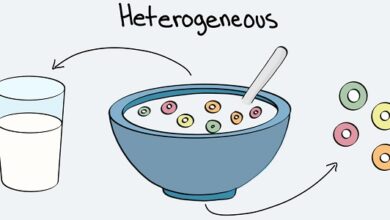Doing good is a basic premise of happiness because good is a reward to itself, that is, goodness is not a means to an end other than its own. Doing good brings emotional benefits to the person : personal satisfaction, willingness to live in the present, inner tranquility, happiness, emotional intelligence , positive thinking , etc. Moral Values
Doing good requires awareness, effort and righteousness
In this case, the fundamental principles, that is, those that represent moral values; they are the basic principles that serve to differentiate right, good, and honest actions from those that are bad. They are the referential of theoretical action and serve mainly to guide practical action resulting from the experience of living itself.
Moral values are not fixed on a person
Each human being builds their own values taking into account some limitations, for example, the training received in childhood. They also show an order of personal priorities. Moral Values
For example, while for some people fidelity is a fundamental principle, for others it is not. In this way, there can be differences of opinion between two people whose values they directly confront. A couple who do not have compatible moral values has little chance of thriving at the moment, as the intimacy of love requires a solid foundation.
Are based on the honesty of being true to yourself
People may fall into internal contradictions, for example, those who value fidelity may fall into the temptation of infidelity. In this case, a person who is contrary to his moral values may suffer contradictions, while a person who is consistent with his inner principles is happy with the level of tranquility and peace he possesses.
are specific and limited
A person must very well identify what his fundamental principles are, but he cannot have an endless list. They can be linked to a person’s religion, but they can also be independent in this matter.
Moral values arise from the dignity of the human being and his conscience .


